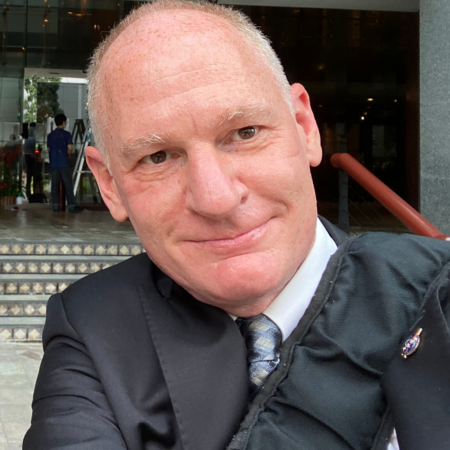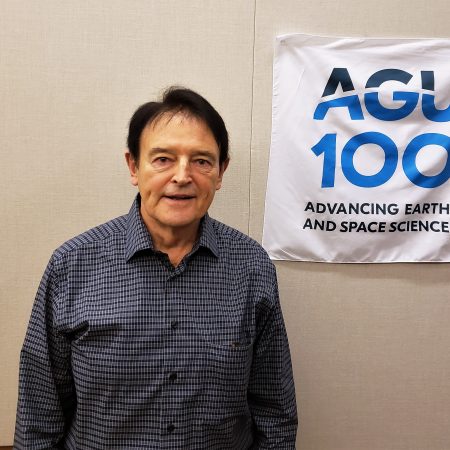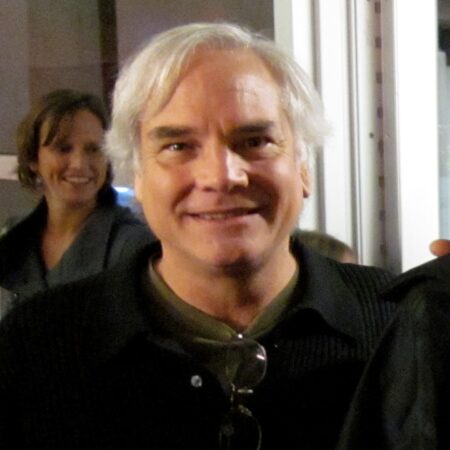Refine
Date Range Clear
Recorded by Clear
Keywords Clear
Partnerships Clear
- No matching terms.
Organizations Clear
- AGU 12
- American Geophysical Union 4
- BAERI 4
- Bay Area Environmental Research Institute 3
- The American Geophysical Union 3
- 4 more
Places Clear
Languages Clear
Initiatives Clear
- No matching terms.
With over thirty-years of experience in aerosol research as a Project Leader on NASA’s AERONET program, retired NASA scientist Brent Holben knows his way around those finer details. Now three-months into his retirement, Brent walks us through his adventurous world-trotting...
Being a Hydrologist was never on Matthew Rodell’s radar, let alone working for NASA. But he always trusted the path ahead. Now as their Deputy Director of Earth Sciences for Hydrosphere, Biosphere, and Geophysics (HGB) at Goddard Space Flight Center,...
Tanya Harrison never thought she was going to be an astronaut. But she was determined to go to space. And she did just that – through satellites, first to Mars, and now looking back at our own third rock from...
NASA Atmospheric Scientist Dr. Caroline Dang analyzes particles in the atmosphere and compares them with particles collected from flight observations to better understand aerosols in Earth's atmosphere and how they interact with clouds and radiation.
Trena Ferrell’s story with NASA all started with an email requesting an in class visit for her students. Now as a Public Outreach Lead for NASA, she sits down with us to talk about the importance of STEAM (emphasis on...
Peter Falcon is an Earth Science communications specialist at NASA’s Jet Propulsion Laboratory with an atypical background: behavioral science. As a communications specialist, Peter acts as a liaison between NASA projects – such as the CloudSat program – and students,...
Gabriel Filippelli is a professor of earth sciences at Indiana University- Purdue University Indianapolis, and the executive director of the Environmental Resilience Institute. We talked to him about how the first moon landing and the environment he grew up in...
Gina Zwicky love lizards. And frogs. And turtles. Basically, all sorts of amphibians and reptiles. The love has turned into a career looking at how lizards fight off parasites and how those parasites evolve to be, well, better parasites. And...
When it comes to data archiving, Michele Thornton has you covered. As a Geospatial Data Professional for ORNL-DAAC, Michele ensures that NASA funded research is accessible not only to researchers out in the field but to a larger user community...
Jaida Elcock says she thrives in chaos. And we’re inclined to believe her. From her ridiculously entertaining TikToks on animal facts, to her work with the non-profit Minorities in Shark Sciences (oh, did we mention she’s currently pursuing her Ph.D.),...
How does one go from being a B+ student who got dressed down by her 8th grade softball coach to the Division Director of the Earth Science Division at NASA? While this might sound like the plot of an inspirational...
His application to be an astronaut may have been turned down, but Paul Hertz is playing a big role in helping us understand how the universe works as the Director of Astrophysics at NASA. He found his passion for astrophysics...
Chris Justice is a geographer and professor at the University of Maryland whose research on land use changes and global agriculture has taken him around the world. His research has had a hand in a variety of NASA programs, including...
When Christa Peters-Lidard cold-called the head of NASA’s hydrology lab as an undergrad, she wasn’t thinking she’d eventually land that very position. Now as the Acting Director for Sciences and Exploration at NASA’s Goddard Space Flight Center, Christa oversees several...
Kennedi White is one of 25 students starting in the new Student Airborne Science Activation (SaSa) program at the NASA Ames Research Center. Students at SaSa are undergraduates from minority-serving institutions, competitively selected across the United States. Over the course...
Pacifica Sommers is an ecologist and explorer. From the deserts of Arizona to the Antarctic tundra, Pacifica has looked at how organisms from tardigrades to pocket mice live in extreme environments. We talked with her about some of the most...
Emily Williams has traveled the world in search of birds. As a biologist, she’s worked in Kansas, Argentina, Australia, and Denali, and studied loons, flycatchers, kingbirds, and more. And even with all these experiences and diverse species interactions, she’s now...
In this interview, Senior Engineer Alok Shrestha discusses his career path as both engineer and scientist, now working for the Airborne Science Facility at NASA Ames. He also discussed how his background helped aid the 2015 earthquake recovery in Nepal,...
Ashley Lindalia Walker is the founder for #BlackInAstro, co-founder and media liaison for #BlackInChem, and co-founder of #BlackInPhysics. Oh, and she's getting her Ph.D in astrochemistry. We discussed her work advocating for black scientists and academics, what inspired her career...
We talked about AGU's Centennial celebration.
How can scientists capture the public’s imagination with science? In this interview, Gordon Grant, a research hydrologist with the US Forest Service and President-elect of AGU'S Earth and Planetary Surface Processes Section, shares his experience of bringing a river to...
James Famiglietti, hydrologist and Director of the Global Institute for Water Security, University of Saskatchewan, discusses his work with NASA's Gravity Recovery and Climate Experience (GRACE) and the evolution of technology throughout his career including its impact on water security....
As a Program Manager for NASA Headquarters Earth Science Division, Barry Lefer helps fund important global research and field campaigns that are measuring air quality and greenhouse gases. And judging by these studies, Barry thinks the future is looking good!...
Who says work ends when you retire? For Tom Dunne, University of California Santa Barbara, the work is still finding him. Instead of heading off to the Amazon to find discovery, these days he need only look out his window...
Jeffrey Myers knows his way around aerial photogrammetry. As a former lead manager at the Airborne Sensor Facility at NASA’s Ames Research Center, Jeffrey’s work with data collection and earth mapping has been affiliated with NASA’s U-2 program, MODIS, and...
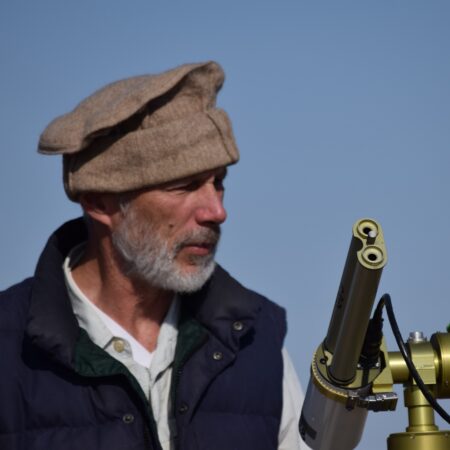
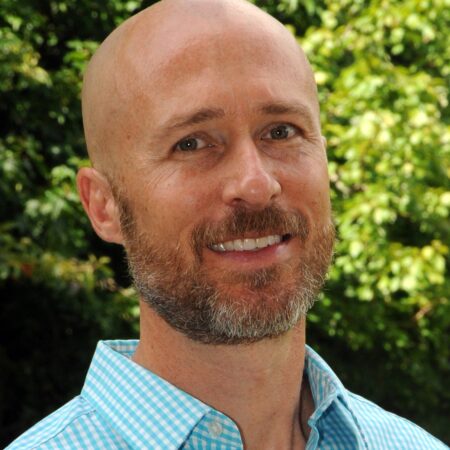
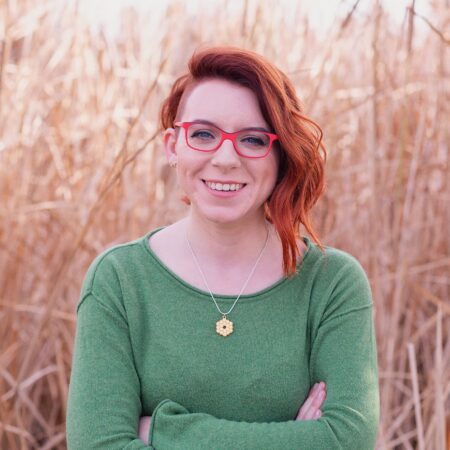
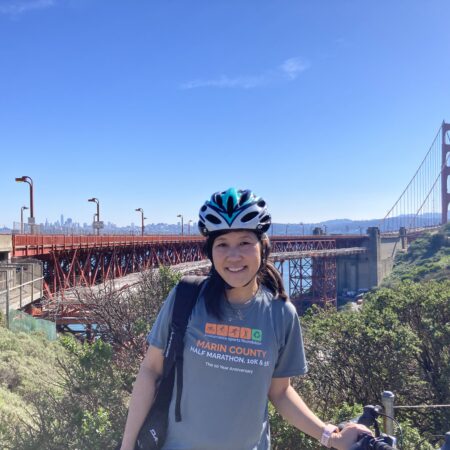
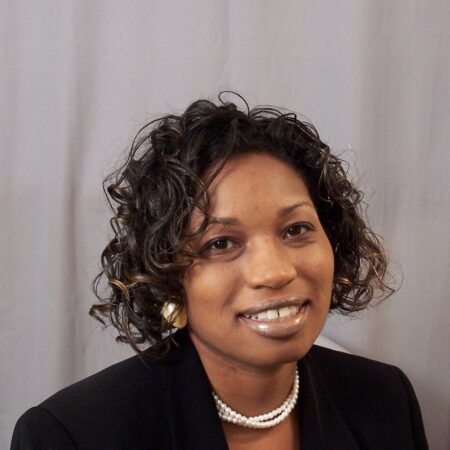
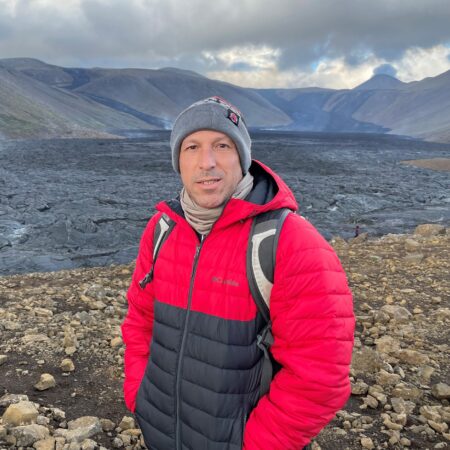

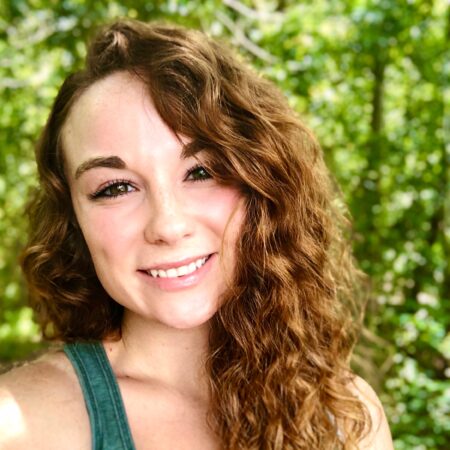
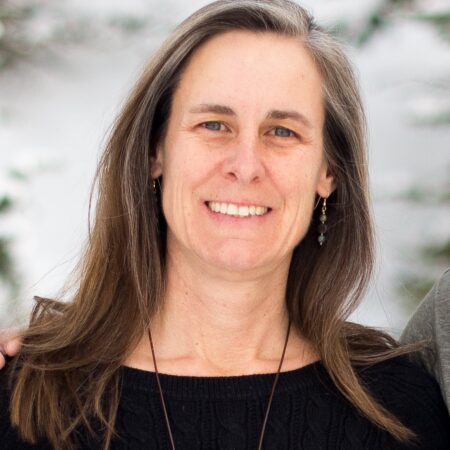
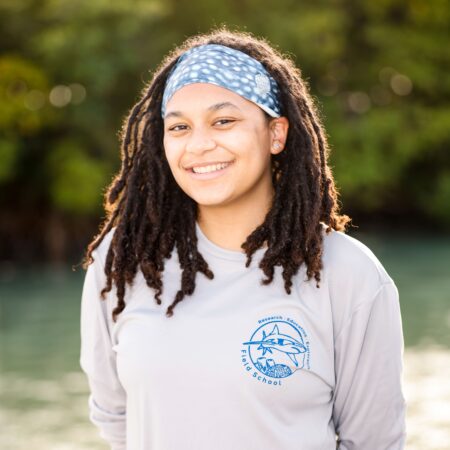
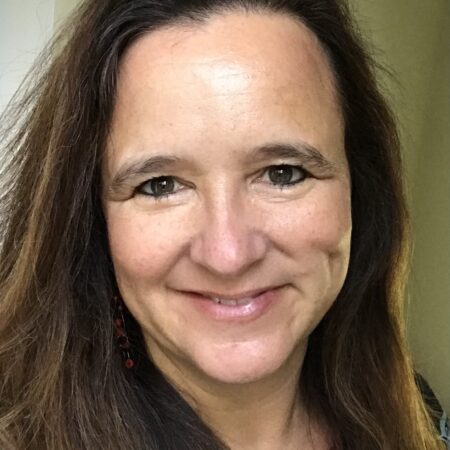
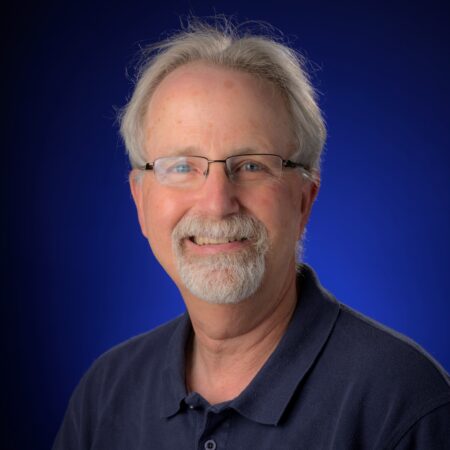
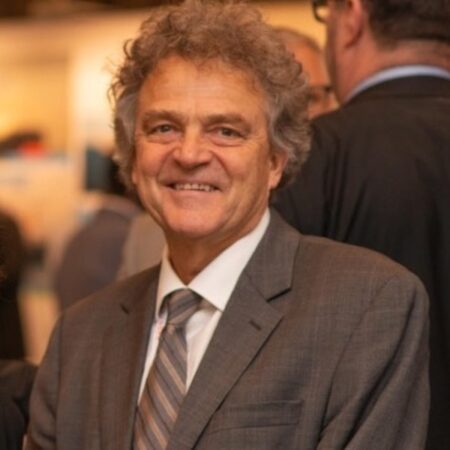

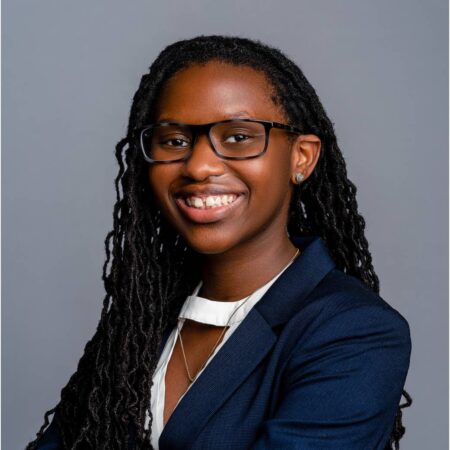
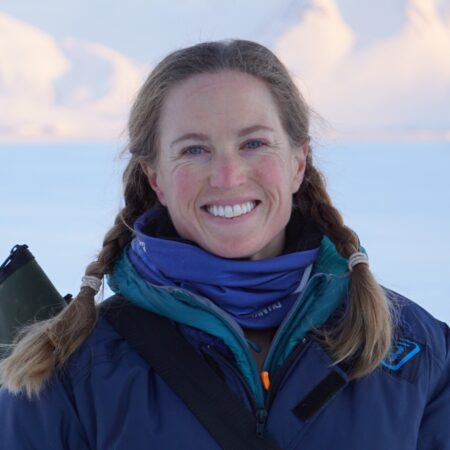
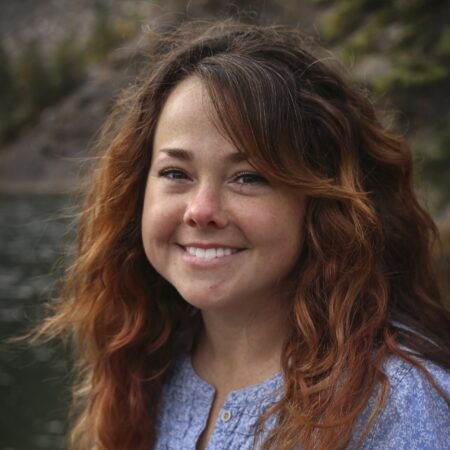
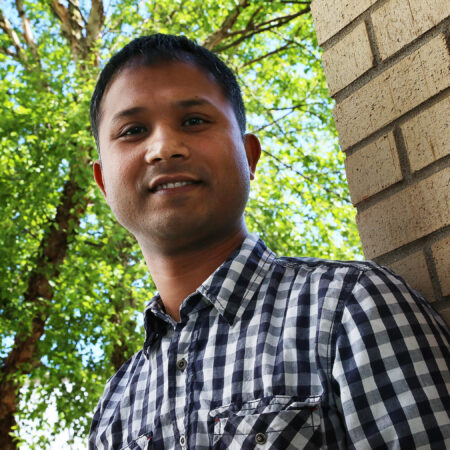

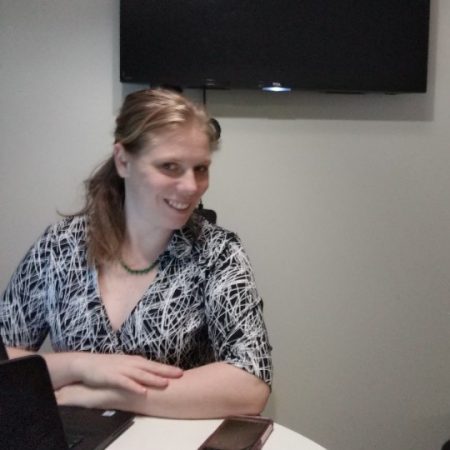
!["Science is a process of understanding nature; [we can] help people see science as a means of doing that." an interview with Gordon Grant](https://archive.storycorps.org/uploads/2019/02/20181211_Gordon-Grant-450x450.jpg)

